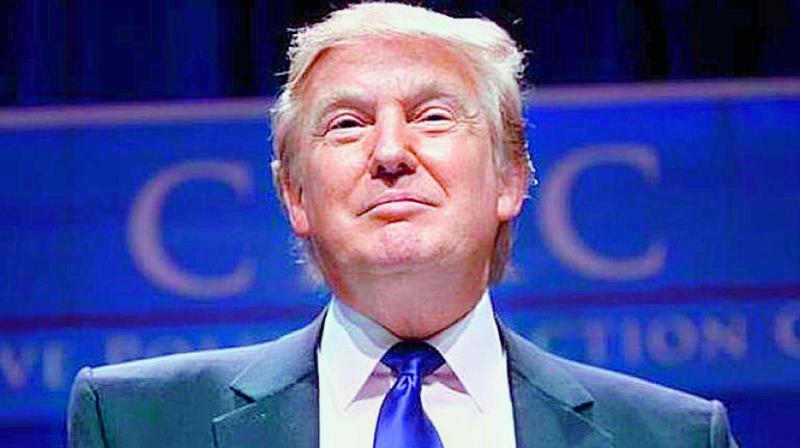US-China trade war a threat to the world

A recessionary trend after 10 years of hard-fought recovery from the subprime crisis might be the biggest fear the trade war set off by Donald Trump’s protectionist policies might engender. As the US and China swapped tariffs on billions of dollars of trade, top US economists tended to shrug it off in their belief that this was just Mr Trump’s “art of the deal”. The bourses may have drawn consolation from less weightier tariffs than initially threatened by the world’s biggest trade partners, with the US importing about $500 billion Chinese goods, and directly exporting around $130 billion annually to China. But the dangers to the global economy, including India’s, already beset by rising oil prices and a falling rupee, are far greater than tariff sums being worked out now as Mr Trump pursues his “America First” policies that might lead to the rewiring of global trade. How India copes with the new challenge without letting its macro-economics get affected remains to be seen.
If the trade war persists, there will be heartache and bleeding in the long run, while in the near term many countries may suffer collateral damage. Global GDP growth, which “remained solid” in 2018’s first half at around 3.75 per cent, may have peaked and a trade contraction is being felt already. The trade war would have to be factored in at least for the Trump administration’s remaining two years unless China relents. The problem is it will be dealing with an emboldened America, that has been enjoying an economic upswing, whereas a slowdown is just being felt in China, which has an export-driven economy with much state support. It may take years for China to re-engineer its production to serve its domestic market alone.
If the threatened “divorce” persists and the US gets its way, there must be a shift in supply chains. There are predictions of Vietnam, Thailand, India and Mexico winning at China’s cost. India needs to be very agile to spot and take advantage of the trade war scenario in boosting its manufacturing exports in areas where the Chinese may bleed most in tariffs. Given that our economy is not an export-driven one, and is usually very slow to respond to situations, it’s hard to see India surging in this scenario. An understanding that there are more substitutes for Chinese supply than US demand in today’s world may just impel India to try and build its strength in areas like textiles, garments, gems and jewellery, where it can get even more competitive to grab a bigger share of the US market. Only time will tell what damage a full-blown trade war can inflict and how it may reshape geopolitics.

